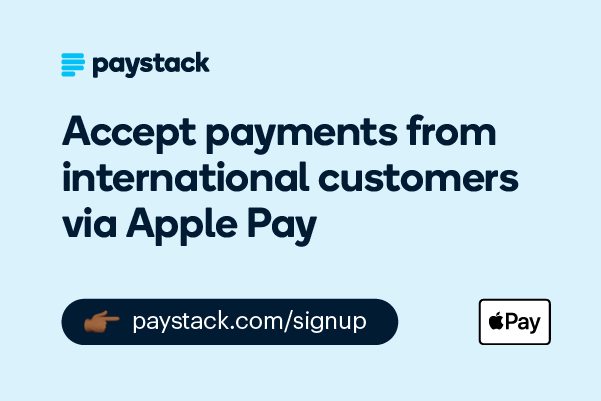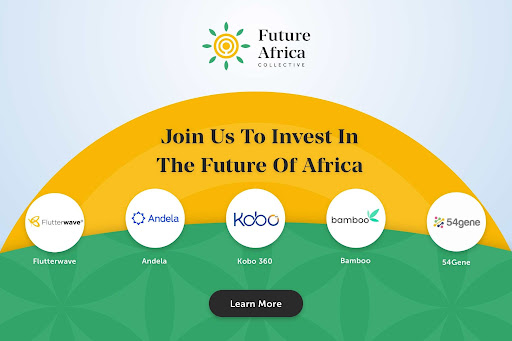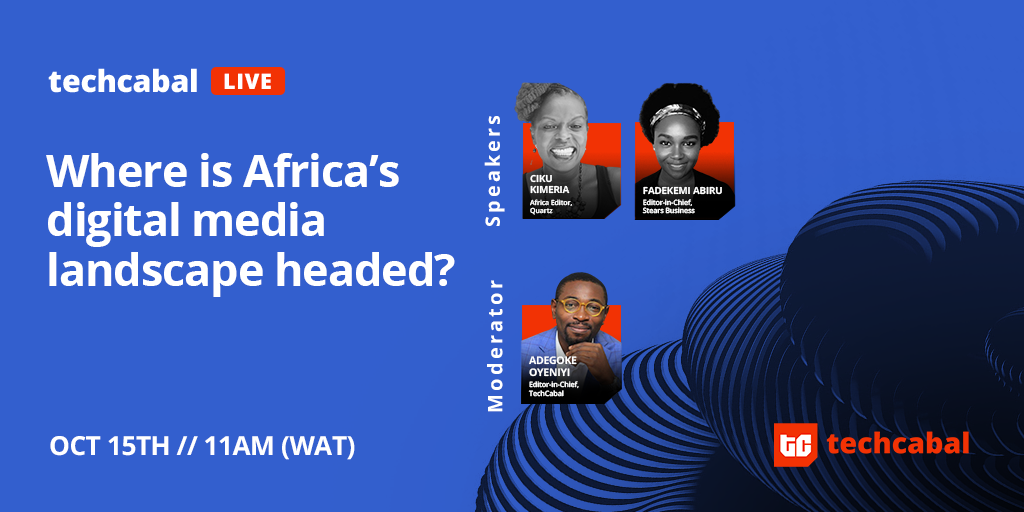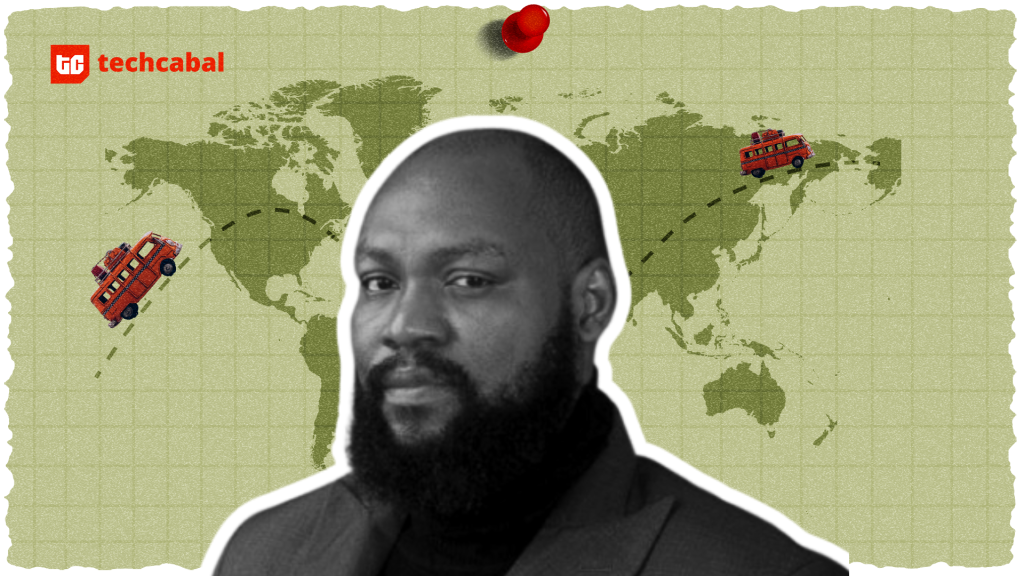
IN PARTNERSHIP WITH

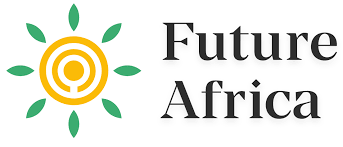

Good morning ☀️ ️
A year after his passing, Netflix is partnering with Howard University to establish a scholarship worth $5.4 million in Chadwick Boseman’s honour.
The Chadwick A. Boseman Memorial Scholarship will provide incoming students at the university’s College of Fine Arts with full tuition for their four-year stay.
In today’s edition:
- How China is contributing to Africa’s tech reform
- Oracle’s first cloud data centre in Africa
- DSN is building AI products for Nigerians
- Events: TC Live
HOW CHINA IS CONTRIBUTING TO AFRICA’S TECH REFORM

In 2013, M-Pesa, Africa’s largest mobile money platform, was faced with a major challenge: Its users couldn’t settle insurance premiums and make bank payments in real-time. Payments made to Kenya Power took 48 hours to reflect in the company’s systems, and other payments, like the one to the National Hospital Insurance Fund, experienced longer delay times, often taking three days before they were acknowledged.
Among the many reasons for these lengthy settlements and transfer times was the fact that M-Pesa’s mobile money platform could only handle between 200 to 300 transactions per second. But that needed to increase by at least tenfold to make transactions more seamless.
Desperate for a way out, the Vodacom- and Safaricom-owned M-Pesa turned to Chinese tech giant Huawei, which helped migrate M-Pesa’s 12.8 million active users over the space of 18 months to a better-performing mobile money platform.
Eight years later, M-Pesa has scaled operations to cater for its fifty million active users in the seven African countries it operates in—Kenya, Tanzania, Lesotho, Democratic Republic of Congo, Ghana, Mozambique and Egypt. It now processes over a billion transactions every month.
From Kenya to Ethiopia
M-Pesa’s success with Huawei had an effect on Ethiopia too.
When Ethiopia’s state-owned telecoms company, Ethio telecom, decided to build the country’s first mobile money platform, Telebirr, they too turned to Huawei.
Launched in May 2021, Telebirr caters to the 115 million people in Africa’s third most populous country. In just two months since its launch, Telebirr has added six million users to its mobile payment system without a hitch.
Building on success
M-Pesa and Telebirr’s successes have enhanced Huawei’s reputation as the poster child for China’s enterprising tech sector.
Beyond building bridges, rail lines, airports and roads across the continent, Chinese companies are increasingly building digital infrastructures in Africa.
Why Africa? Well, the African market offers Chinese companies and investors a growing young population expected to reach 1.7 billion by 2030. Presently, about 50% of this growing population is excluded from the financial system and less than 40% have access to the internet. This presents a massive opportunity to boost financial inclusion and connectivity.
Daniel Adeyemi examines these opportunities in how China’s growing influence is transforming African tech.
ORACLE’S FIRST CLOUD DATA CENTRE IN AFRICA

Yesterday, Oracle announced that it will build a data centre in Johannesburg, in keeping with plans made two years ago.
In 2019, the US enterprise software giant revealed that South Africa was one of the countries where it planned to invest in cloud data centre facilities. At the time, it said the investment would happen by the end of 2020. South Africa was included in 20 planned new Oracle Cloud regions.
But COVID and other things happened…
Oracle’s decision follows similar investments in infrastructure by Huawei, Microsoft and Amazon Web Services.
In the first half of 2019, Huawei started construction on two data centres in South Africa with further plans to expand to Nigeria and Kenya. A month later, Microsoft launched its first Azure data centre in Cape Town and Johannesburg, both in South Africa. In February 2019, the US company also signed an agreement with Telecom Egypt to develop and expand Microsoft cloud facilities to the region.
In April 2019, Amazon Web Services (AWS) launched three data centre operations in Cape Town, its first-ever African region.
Why this matters: Until recently, many of these cloud services never had data servers in Africa. But with internet penetration and ownership of affordable smartphones increasing, they’re having a rethink.
The proximity of cloud servers to locations where requests are coming from is a major consideration for businesses. The closer these servers are to customers, the lower the latency (delay in data transfer), which in turn improves the quality of services.
Looking forward: Oracle plans to have at least 44 cloud regions by the end of 2022. It also plans to establish at least two cloud regions in almost every country where it operates for redundancy and backup.
Dig Deeper: Africa’s cloud computing industry is set to grow as data adoption rises.
Accept international payments from your customers in the USA, UK, Canada, and 60+ countries using Pay with Apple Pay.
👉 Create a free Paystack account to get started.
This is partner content.
DSN IS USING AI TO SOLVE SOME OF NIGERIA’S PROBLEMS
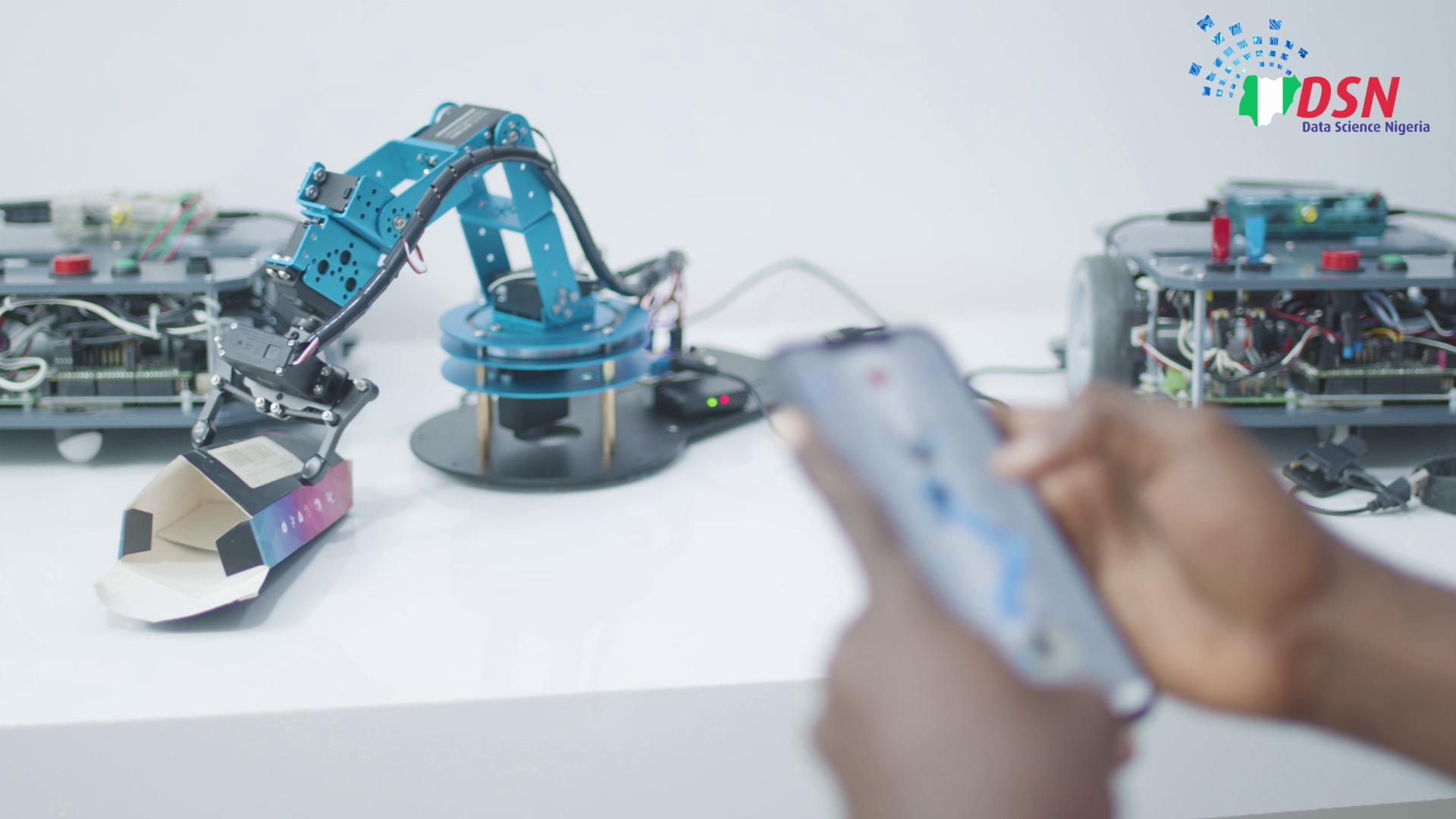
Data Science Nigeria, a not-for-profit organisation with the mission to build one million data and AI scientists, is solving some of Nigeria’s problems with two of its AI-enabled products: SpotOn and LearnAtHome.
Backstory: DSN was launched in 2016 when its founder Olubayo Adekambi returned from London to Nigeria with a PhD and a dream.
During his PhD, Olubayo had traveled around the world—UK, China, India, and the US—for data collection. He got exposed to the vast economic values of big data and artificial intelligence. He saw how universities’ AI researchers and their technologies were seamlessly deployed into the tech ecosystem to drive new market frontiers, particularly in the UK where he spent a lot of time.
Back in Nigeria, this was non-existent; universities and industries weren’t in perfect harmony and there was little or no exchange of experts or technologies that drove growth between them. This new experience not only changed his worldview but made him start thinking of building homegrown data scientists and artificial intelligence experts.
So when he returned to Nigeria in 2016, he built DSN, which would later become the biggest data network in Africa.
Spot on with learning
Over the years, DSN has done a lot of interesting things, building on its founder’s principles: learning, impact and sustainability.
Its products, however, are geared towards building solutions for real-life problems. There’s SpotOn, a digital addressing software that allocates digital addresses to people using their phone numbers; and LearnAtHome.radio, which helps students learn on feature phones. These two products are ready for commercial success as they lead DSN’s foray into building scalable products.
Read more: Data Science Nigeria builds AI-enabled products for the underserved.
Join the Future Africa Collective – an exclusive community of investors who invest in startups building the future of Africa. With a $1,000 annual or a $300 quarterly subscription fee, you get access to invest a minimum of $2,500 in up to 20 fast-growing African startups each year.
Learn more here.
This is partner content.
EVENTS: TC LIVE WITH CIKU KIMERIA & FADEKEMI ABIRU
 |
This Friday at 11 a.m. (WAT), join Fadekemi Abiru, Editor-in-Chief at Stears Business; Ciku Kimeria, Africa Editor at Quartz; and Adegoke Oyeniyi, Editor-in-Chief at TechCabal as they discuss the future of digital media in Africa and how stakeholders and business models must evolve to keep up with the times.
Register here.
OPPORTUNITIES: BEER GARAGE AFRICA INNOVATION CHALLENGE
AB InBev, the world’s largest beer company, has recently partnered with Hindsight Ventures to launch the Beer Garage Africa Innovation Challenge, which will provide startups with venture development and grant funding.
One African startup will be selected at the demo day to win $5,000 in grant capital. All selected startups get access to $150,000 in technology credits from partners.
Interested? Apply here.
It’s never been easier or safer to make online payments. Get the FCMB Virtual Debit Card and you don’t have to worry about forgetting your Debit Card at home!
To learn more, please click here.
This is partner content.
What else we’re reading
- Nigerian open banking startup Mono secures $15m Series A, led by Tiger Global.
- Here’s some advice on how to design an organisation.
- #NairaLife: She’s a civil servant on Grade Level Nine, and her salary is ₦65k/month.
- Google is working on upstaging Twitter to become the go-to platform for breaking news.










